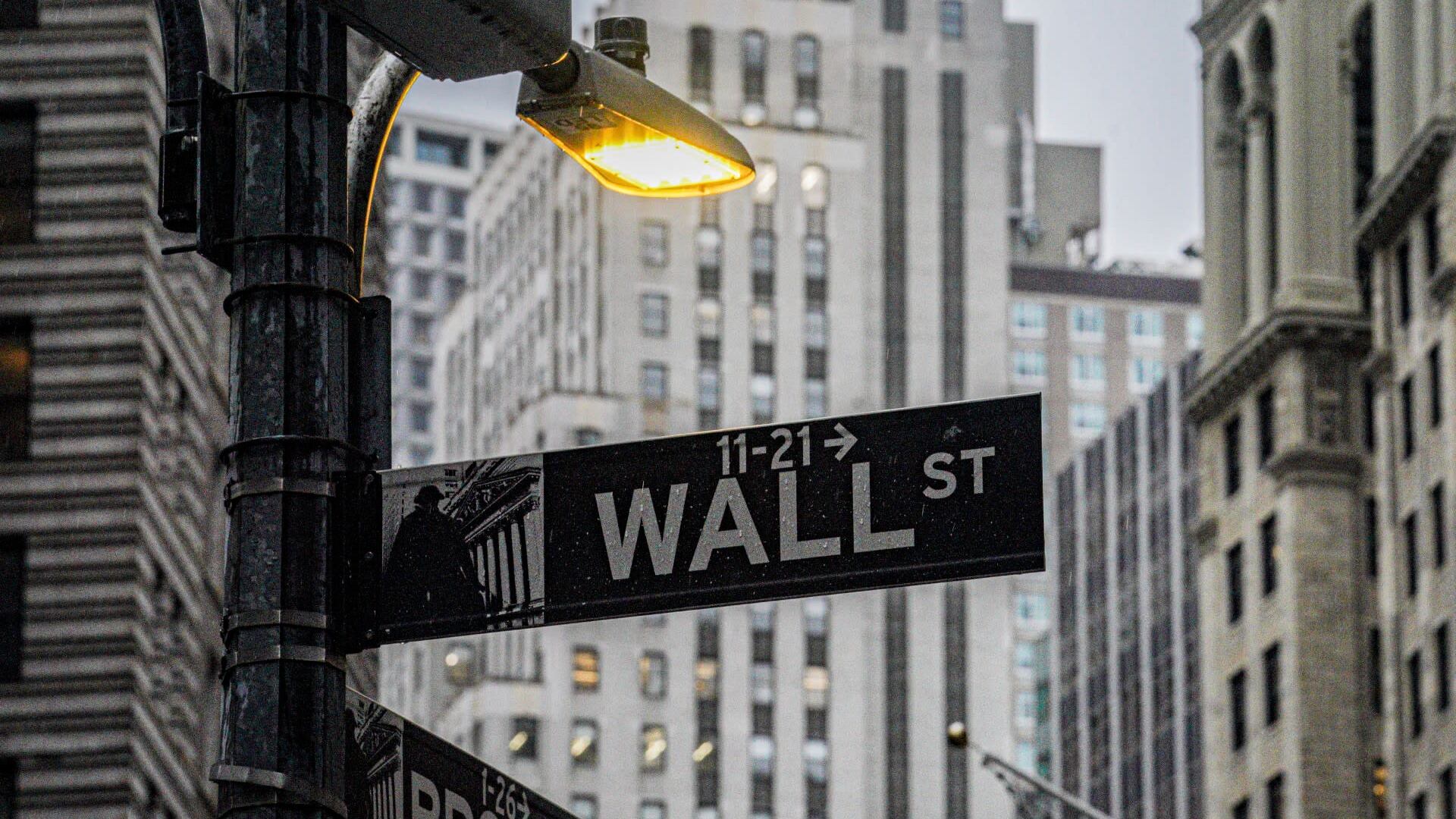By Stan Choe and Damian J. Troise
Stocks fell on Wall Street Wednesday, giving back some of their recent gains as uncertainty about interest rates and inflation continues to reign.
Investors also reviewed another set of mixed earnings reports from big companies. The latest round of financial results and forecasts could help give Wall Street a clearer picture of how inflation is shaping consumer spending and business plans.
The S&P 500 fell 46.14 points, or 1.1%, to 4,117.86 and is now on track for weekly losses after a few days of choppy trading. The Dow Jones Industrial Average fell 207.68 points, or 0.6%, at 33,949.01. The Nasdaq composite fell 203.27 points, or 1.7%. to 11,910.52.
The pullback follows Tuesday’s gain of 1.3% for the S&P 500, which came after the first public comments by Federal Reserve Chair Jerome Powell since the central bank raised interest rates last week. Markets found some solace in Powell’s signaling that Friday’s exceptionally strong jobs report wouldn’t by itself push the Fed to get more aggressive on interest rates.
But analysts pointed out that Powell’s comments were just as tough on inflation as before. He said that while he has seen improvements in inflation, the road ahead is still long to get it fully under control. The Fed can help drive down inflation by raising interest rates and keeping them high, but that also raises the risk of a deep recession and hurts investment prices in the meantime.
The Fed has been saying that it plans to hike interest rates a couple more times and then hold them at a high level at least through the end of the year. Wall Street moved its forecast for how high rates will go by the summer closer to the Fed's following Friday’s blockbuster report showing much stronger job growth than expected, which could raise the pressure on inflation. But investors are still betting on the possibility of a cut to rates late this year.
“We've got this kind of push and pull going on that's generating a lot of volatility,” said Brad McMillan, chief investment officer for Commonwealth Financial Network.
John Williams, the president of the Federal Reserve Bank of New York, said he still thinks the Fed's main interest rate hitting a target of 5% to 5.5% by the end of the year is “a very reasonable view,” even after Friday's exceptionally strong jobs report. With the federal funds rate currently sitting in a range of 4.50% to 4.75%, that would be in line with expectations for two more increases before a pause. He spoke at a CFO Network summit hosted by the Wall Street Journal.
But Williams also warned that interest rates may need to go higher if stock prices rally and bond yields fall too much, among other loosening financial conditions, because that could drive inflation higher.
Uncertainty about where inflation and interest rates are heading has been at the center of Wall Street’s big swings for the last year. So have shifting expectations for the economy to fall into a deep recession, which would kneecap corporate profits.
Companies have so far been reporting relatively lackluster earnings for the last three months of 2022, as rising costs eat into their margins.
“It sounds like companies are starting to prepare for a tougher economy going forward,” McMillan said. “There’s a real sense out there that things going forward are likely going to be worse than they are now.”
Chipotle Mexican Grill fell 5% after it reported weaker profit and revenue for the latest quarter than Wall Street expected.
Jack Henry & Associates, a company in the financial technology industry, sank 9.3% for one of the biggest drops in the S&P 500 after it reported weaker results than expected and trimmed financial forecasts for the full fiscal year.
Lumen Technologies tumbled 20.8% despite reporting stronger results than expected. Its forecasts for some financial measures in 2023 fell short of analysts' expectations.
On the winning side was CVS Health, which gained 3.5% after topping Wall Street’s forecasts for revenue and profit. It also said it would buy Oak Street Health, a primary care company, in a deal it valued at about $10.6 billion.
Entertainment giant Walt Disney rose 1.8% in afterhours trading after it reported surprisingly good fiscal first-quarter financial results.
In the bond market, Treasury yields were holding relatively steady after zooming higher in recent days on expectations for a firmer Fed.
The yield on the 10-year Treasury, which helps set rates for mortgages and other important loans, slipped to 3.62% from 3.68% late Tuesday. The two-year yield, which moves more on expectations for the Fed, dipped to 4.43% from 4.47%.
In stock markets abroad, trading on Istanbul’s exchange was suspended after the market benchmark sank more than 7% as Turkey struggled with the aftermath of a magnitude 7.8 earthquake that has killed more than 9,500 people. It was unclear when trading would resume.
___
AP Business Writer Elaine Kurtenbach contributed.













